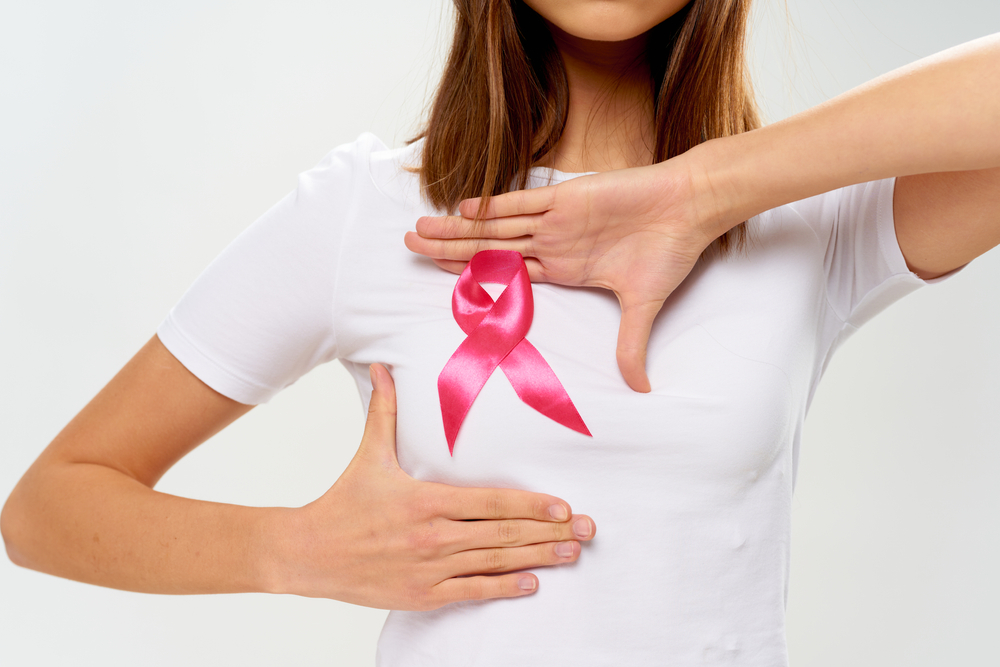Breast cancer remains the most common cancer among Indian women, with nearly one in 29 likely to develop it during her lifetime. Yet, early detection—crucial to survival—continues to elude many. Health experts say the issue is not the absence of symptoms, but rather the tendency to overlook them.
“Most women wait until a lump appears,” says Dr. Neha Wadhwani, an oncologist at the All India Institute of Medical Sciences. “But breast cancer doesn’t always begin with a lump. The body speaks in more subtle ways.”
In India, where awareness around preventive healthcare is still evolving, early signs are often dismissed as hormonal changes or routine discomfort. By the time many seek medical care, the disease has already advanced, requiring aggressive treatment.
Five Early Warning Signs Often Missed
- Unusual Breast Pain
Persistent discomfort in one breast, not linked to the menstrual cycle, can be a warning sign. Many women ignore it, assuming it’s muscular or hormonal. - Change in Breast Shape or Size
Any asymmetry or swelling in one breast should not be taken lightly, particularly if it appears suddenly and persists. - Skin Dimpling or Puckering
A dimple or texture resembling an orange peel may indicate underlying growth pulling on tissue—an early sign of cancer progression. - Nipple Discharge
Clear, bloody, or milky discharge from the nipple—especially when not breastfeeding—requires medical evaluation, even if it’s painless. - Nipple Retraction or Inversion
A nipple turning inward or flattening unexpectedly can point to changes occurring beneath the surface.
“These symptoms don’t always indicate cancer,” Dr. Wadhwani cautions, “but ignoring them can be dangerous.”
India’s public health systems are increasingly prioritizing awareness campaigns, but stigma and lack of routine screenings remain barriers. Mammograms are still uncommon before age 40, particularly outside urban centers.
Women’s health advocates emphasize the need for monthly self-exams, annual clinical checkups, and increased access to diagnostic tools. Organizations like the Indian Cancer Society and Breast Cancer Hub are working to address the cultural silence around the disease.
“Breast cancer is not a death sentence—if caught early,” Dr. Wadhwani says. “But the first step is knowing what to look for.”


